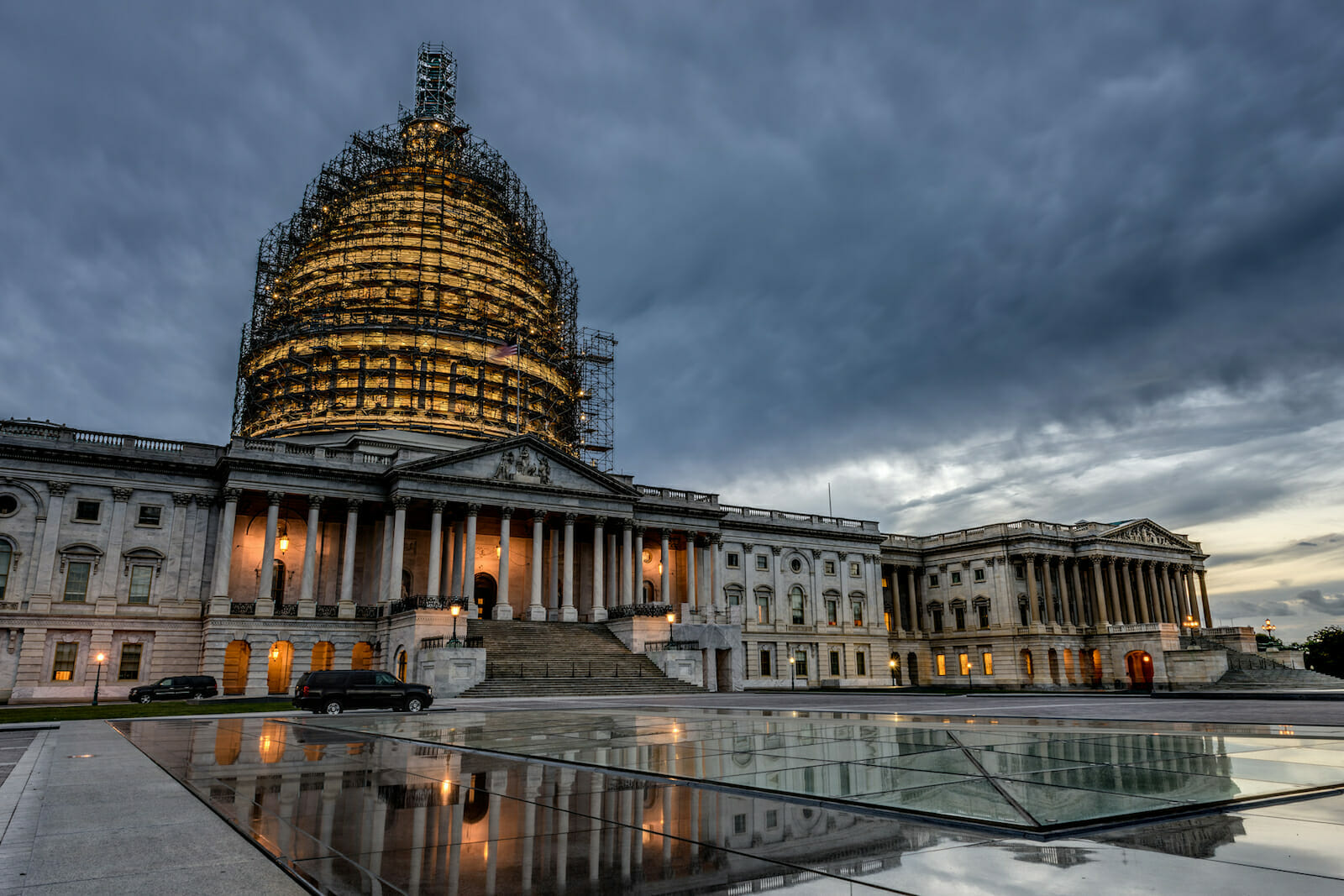
Do the Outcomes of Political Elections Affect the Quality of Accounting Information?
As widely seen in recent corporate scandals, companies under pressure from analysts and investors can resort to manipulating financial reports to hide their true financial performance, in particular to present an overly positive impression of the company’s profitability, through accounting policies known as ‘earnings management.’ Earnings may be managed by exercising the discretion allowed by the accounting standards in an opportunistic way, for example by reporting biased estimates, although within the boundaries of the standards, in relevant items of the financial statements.
In our research we show that the use of earnings management is affected by the outcome of political elections. Notably, our results show that last November’s presidential election may have an effect on the quality of accounting information; this effect can be expected to differ between companies located in Democrat and Republican-governed states.
We scrutinized over 11,038 listed firms over a 40-year period (1966-2008) and examined how the evolution of the political map resulting from federal and state-level elections influences financial reporting decisions. Specifically, we investigated how earnings management is affected by political alignment between the state and the federal government. Our measure of political alignment is based on the alignment along party lines between politicians elected at the state level and the federally elected President.
For example, during Obama’s presidency, Blue states, like California, were more politically aligned with the federal administration than Red states like Texas. The opposite will be true during Trump’s tenure. Our main finding is that earnings management is more pronounced for firms which are headquartered in states with a higher political alignment with the federal government.
The quality of accounting information is an important issue for users of financial statements as well as for market regulators because many investment decisions are based on information regarding the performance and the financial position of the firm gathered from the accounting reports. Our analysis may be used to make predictions for the current political situation with the change of party in the White House. With Trump’s presidency, political alignment between the state and the federal administrations will increase in Red states and decrease in Blue states. As a consequence, our results suggest that the use of earnings management is expected to increase in Red states and to decrease in Blue States.
A possible explanation for our findings is that political alignment implies a higher likelihood that state-specific policies are implemented, as argued by recent research in political science and finance and, as a result, a higher fluctuation in the profitability of the companies located in the state. This in turn both encourages and facilitates earnings management. It encourages earnings management because managers would like to smooth the fluctuations in earnings to signal consistent performance to shareholders; this can be achieved by implementing accounting policies which decrease earnings when they are too high and increase earnings when they are too low and it facilitates earnings management because a high fluctuation of profitability makes it more difficult for outsiders to scrutinize managers’ behavior, as the economic environment of the firm is less transparent.
The above explanation is reinforced by our additional analyses which we conducted on companies that actively pursue corporate political strategies by either lobbying or making contributions to political action committees (PACS). Those companies are expected to have substantially lower incentives to manage earnings when there is a high political alignment between the federal and state administrations because they can counter the economic effects of political alignment using their direct connections with the politicians. Accordingly, we observed that the relation between earnings management and political alignment is insignificant in the sample of companies actively pursuing corporate political strategies.
We believe that our results should send an alert to those interested in the quality of financial reporting information. Prior research has shown that active political connections exert an influence on accounting processes, for example through privileged access to credit financing and protection from government expropriation. Our findings document that changes in passive political connections, which arise from the evolution of the US political geography, matter for financial reporting decisions.

